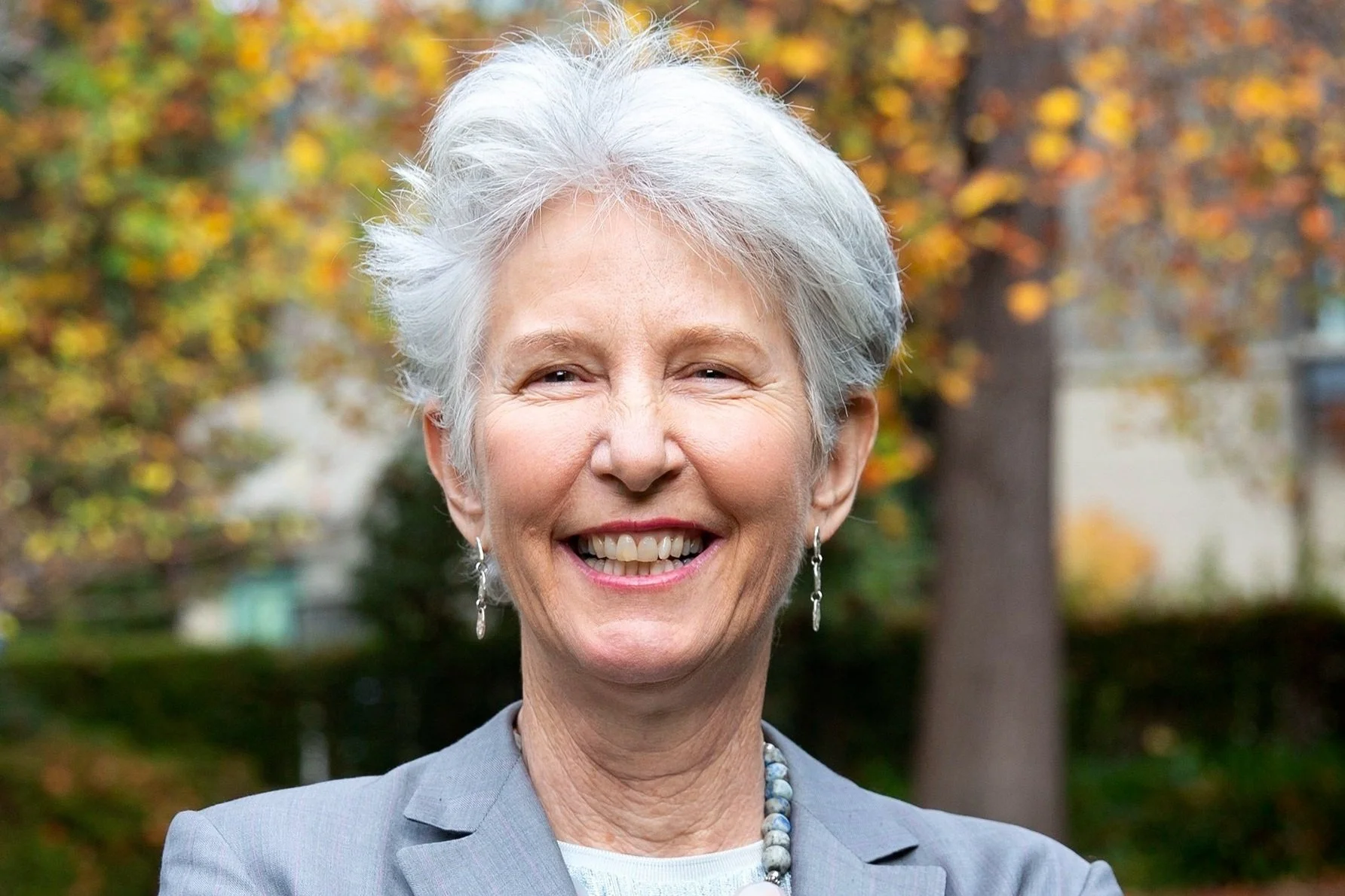CZI's Latest Move in Science Research Underscores its Role as Tech Toolmaker
/photo: whiteMocca/shutterstock
The Chan Zuckerberg Initiative is fast emerging as a sort of hybrid entity, using its unique structure to pursue philanthropy, investing and advocacy, all while building a team of engineers to layer in tech solutions. Its Swiss Army Knife setup gives it a lot of potential power and flexibility, even as it’s drawn criticism.
When it comes to science research, we’ve seen CZI flex its muscle with some solid basic science grantmaking, giving unrestricted, long-term grants to promising investigators through Chan Zuckerberg Biohub. That makes sense, given that it’s being advised by the Science Philanthropy Alliance and former HHMI president Robert Tjian.
But the Zuckerberg DNA also gives CZI an impulse for disruption —to apply what it sees as its secret sauce of tech innovation to chosen causes, including biomedical research.
Related:
- Opening the Spigot: A Look at How Chan Zuckerberg Science is Starting to Move Money
- Zuck and Chan's Biohub is Picking Up Funds, and Sounding More Like Silicon Valley
- Into Battle: The Chan Zuckerberg Initiative Steps Up Its Advocacy Giving
We’re starting to see that on the science front with its latest move. The LLC recently announced an initial grant of $5.5 million toward a partnership with UMass Amherst’s Center for Data Science, to be led by Professor Andrew McCallum.
The team will develop what it’s calling Computable Knowledge, an artificial intelligence-powered program to accelerate science by allowing researchers to analyze millions of published findings. It’s an effort to use AI to make sense of the unwieldy and always-growing body of published research. McCallum describes it as a kind of mapping software for scientific knowledge, intended to make connections, uncover patterns, and improve access to published research. In short, it sounds like a really useful program.
That idea of using philanthropy to connect and open up science research is widespread, and we’ve seen a lot of interest in that area from science funders like the Gates Foundation and the Wellcome Trust, backing platforms for sharing scientific knowledge. CZI has shown interest in this area before, including funding for bioRxiv, a server for sharing preprints, or drafts of papers ahead of peer review. Applying computational approaches to science research is also a hot topic in philanthropy right now, most notably at the Simons Foundation’s Flatiron Institute.
Related:
- Hurry It Up: What Major Funders Are Doing to Speed Up Research Publishing
- Six Funders Working to Set Science Free
- Science Funders Hope to Link Up Large Scale Brain Research
- "You Get Ideas." Inside a Top Science Foundation's Most Ambitious Project Yet
But where things get more interesting is that CZI has been hiring a lot of engineers, and is specifically building a team of AI scientists to work on the UMass project with McCallum. In that sense, it’s sounding not unlike the corporate-academic partnerships we’ve seen emerge between universities and auto and tech companies to otherwise advance AI.
There’s also the fact that the service created by the collaboration will be made available, for free, over a software platform called Meta, which has been owned by Chan Zuckerberg since a year ago. Yes, CZI is also acquiring software companies.
You can probably see where I’m going with this—at times, CZI seems like it wants to be a mini-Facebook with a mission. And it makes sense that might be the case. After all, Mark Zuckerberg is one of the most successful builders of tech tools in history, and that's a unique strength that could be applied to the couple's efforts for social good.
At the same time, as we've pointed out elsewhere, Zuckerberg's unbridled optimism about technology making the world better remains a potential weakness in the context of the couple's philanthropy. That's especially true as tech companies and Facebook itself receive increasing scrutiny for the many ways their programs are influencing society.
Regardless, one of the most compelling things about CZI is all of the ways it’s trying to make an impact. This role as AI toolmaker is yet another way the organization is proving to be something quite different than your typical grantmaker.
Related:







































